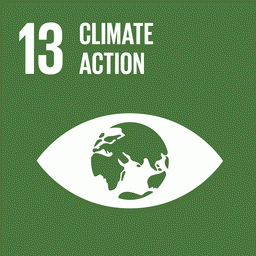The Brazil Climate, Forests and Agriculture Coalition called on members of the Chamber of Deputies on Thursday (21) to extend the vote on the substitute for Bill 412/2022 (attached to Bill 2.148/2015), which regulates the SBCE (Brazilian Emissions Trading System).
IPAM (Amazon Environmental Research Institute), a member of the Coalition, is following the discussions on the Bill as co-leader of the Carbon Market Task Force, and reinforces the network’s concern about the way in which such an important matter, containing significant changes, has been presented, without dialog and in-depth analysis of the impacts on the economic transition, so desired by the country and by society as a whole.
For this reason, the Institute is against the urgent vote and advocates more time for the proposal to be evaluated for discussion, especially on the following points changed in the text:
– Changes to the governance of the SBCE, the relationship with the CIM (inter-ministerial committee) and social participation in the decision-making body. Despite the inclusion of representatives from the states and municipalities (in small numbers), social participation falls short of an adequate structure, which is essential for the proper functioning of a public policy over the years;
– The lack of definition or difficulty in understanding the generation of carbon credits from emission reductions on a jurisdictional and project scale can generate legal uncertainty that is detrimental to achieving the demand for high integrity;
– Excessive regulations on the voluntary carbon market can even make the regulated model unfeasible in the intermediate strategy of meeting reduction targets, as well as jeopardizing the government’s ecological economic transition plan in its financial sustainability strategy, among others.
The points mentioned above, plus the significant change in the proposal for the SBCE presented by the rapporteur, take the focus away from the objective of the policy, which is to pay attention to the emitting sectors while regulating commitments linked to global climate goals. From this perspective, the voluntary market is an opportunity to allocate and implement the regulated market, especially in the initial years.
Interoperability between the voluntary and regulated markets is key to enabling climate finance and economic resources for low-emission development and the desired economic transition. “The establishment of the SBCE carries a significant message about the country’s strategy for climate mitigation and should not be taken lightly,” says Gabriela Savian, IPAM’s Deputy Director of Public Policy.
It is absolutely necessary and desirable to expand listening and dialog with different sectors of society and spheres of government, increasing understanding of the issue and the implications of the proposed measures. We would like to make ourselves available to contribute to this process.
Read the Coalition’s position here.

